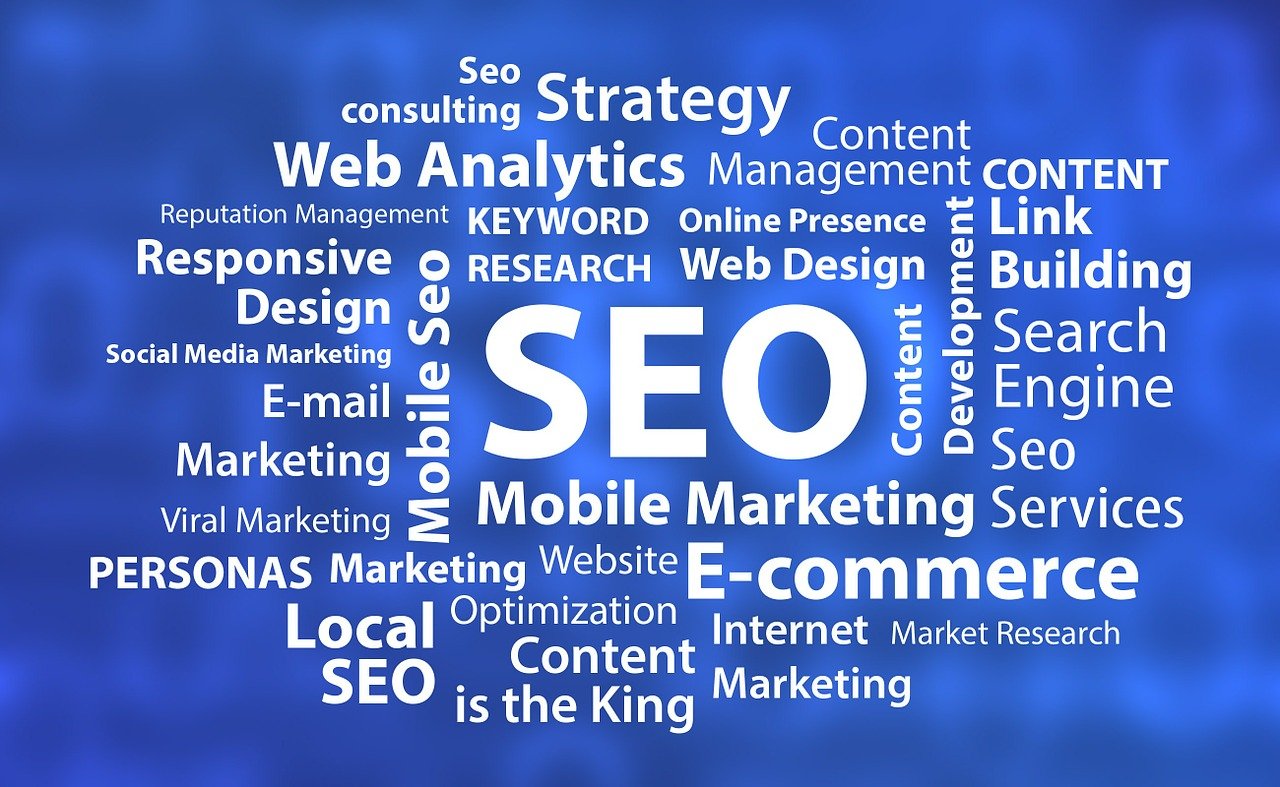You want to attract more visitors to your website. You also want to appear on page one of Google. When you optimise your content, structure, and performance, you rise in the rankings. In turn, this drives targeted traffic to your pages.
Over time, you can refine your strategy for better results.
You don’t need a massive budget. You need knowledge, patience, and perseverance. You focus on creating the best experience for your audience. That’s how you build trust with both users and search engines.
Understanding the Heart of SEO
SEO aims to attract more visitors to your website and secure a top spot on search engines like Google. Essentially, SEO helps improve your site so search engines understand it better. By optimising content, structure, and performance, you rise in rankings, driving targeted traffic to your pages. Refining your SEO strategy over time leads to better results.
Understanding what is SEO? is about learning how search engines rank web pages. Google and others use algorithms to crawl and evaluate your site. Pages that meet criteria like relevance, user-friendliness, and high-quality content rank higher. While simple in theory, achieving high rankings takes consistent effort. Knowledge, patience, and a focus on the audience’s experience are crucial, not a large budget. Building trust with users and search engines is key.
Proven Benefits of SEO
Is SEO worth the effort? Yes. Here’s why:
- More Visibility: Top search results mean more people see your site.
- Credibility: High rankings build visitor trust.
- Long-Term Growth: Organic traffic grows over time, offering more value than paid ads.
- Cost-Effectiveness: Invest time and effort instead of constant ad payments.
SEO serves as a gateway to a loyal, engaged audience.
Key Components of SEO
SEO breaks down into four main areas:
- Keyword Research: Uncover search terms, understand user intent, and choose keywords aligned with your goals.
- On-Page Optimisation: Integrate targeted keywords in content, write clear and informative copy, and ensure easy navigation and visual appeal.
- Off-Page Optimisation: Build high-quality backlinks, use social media, and show search engines that others value your site.
- Technical SEO: Ensure fast loading times, mobile-friendliness, secure connections (HTTPS), and efficient site structure for crawling and indexing.
Focusing on these components creates a site that both search engines and visitors love.
How to Start Your SEO Journey
Begin by setting clear goals. Research your market to identify common search terms. Create or refine website content around these topics. Start with simple blog posts and build a content library. Prioritise user experience. Ensure easy navigation, fast loading times, and quick access to information. A great user experience is crucial for effective SEO.
Local SEO and Targeted Reach
If you target a specific area, local SEO helps reach a nearby audience. Using keywords like SEO Essex helps local businesses appear in relevant regional searches. Local SEO also involves setting up a Google Business Profile, managing online reviews, and ensuring consistent business information across directories. Combining local SEO with broader strategies creates a comprehensive plan.
Common Misconceptions About SEO
SEO is not a quick fix. It takes time to see results. Simply cramming in keywords harms your site. Search engines can detect unnatural content. Trying to trick search engines with shady tactics risks penalties. Focus on best practices: high-quality content, user-friendly design, and genuine promotion.
Maintenance and Ongoing Work
SEO requires ongoing maintenance. The online world evolves, search engines change algorithms, competitors improve, and trends shift. Monitor analytics, investigate ranking drops, update content, and revisit keyword strategies. Staying flexible and curious keeps your site relevant.
Key Tools to Consider
Use free and paid tools:
- Google Analytics for tracking user behaviour.
- Google Search Console for monitoring search performance and fixing errors.
- Keyword research tools (like Google Keyword Planner) to find trending queries.
- Website auditing tools to check site speed and mobile readiness.
These tools help you make data-driven decisions and fine-tune your approach.
Final Thoughts
SEO helps you achieve a bigger audience and stronger online presence. It starts with understanding how search engines evaluate your site. Then, optimise content, improve user experience, and gain authority through backlinks. Over time, you’ll see higher rankings and a steady flow of visitors. Start small, learn as you go, and expand your efforts as results emerge. Always focus on user needs to guide your content. Helping users find answers earns favour with search engines. SEO is an ongoing practice that transforms your website into a powerful business asset.



 Bitcoin
Bitcoin  Ethereum
Ethereum  Tether
Tether  XRP
XRP  Solana
Solana  USDC
USDC  Cardano
Cardano  TRON
TRON  Lido Staked Ether
Lido Staked Ether  Avalanche
Avalanche  Toncoin
Toncoin